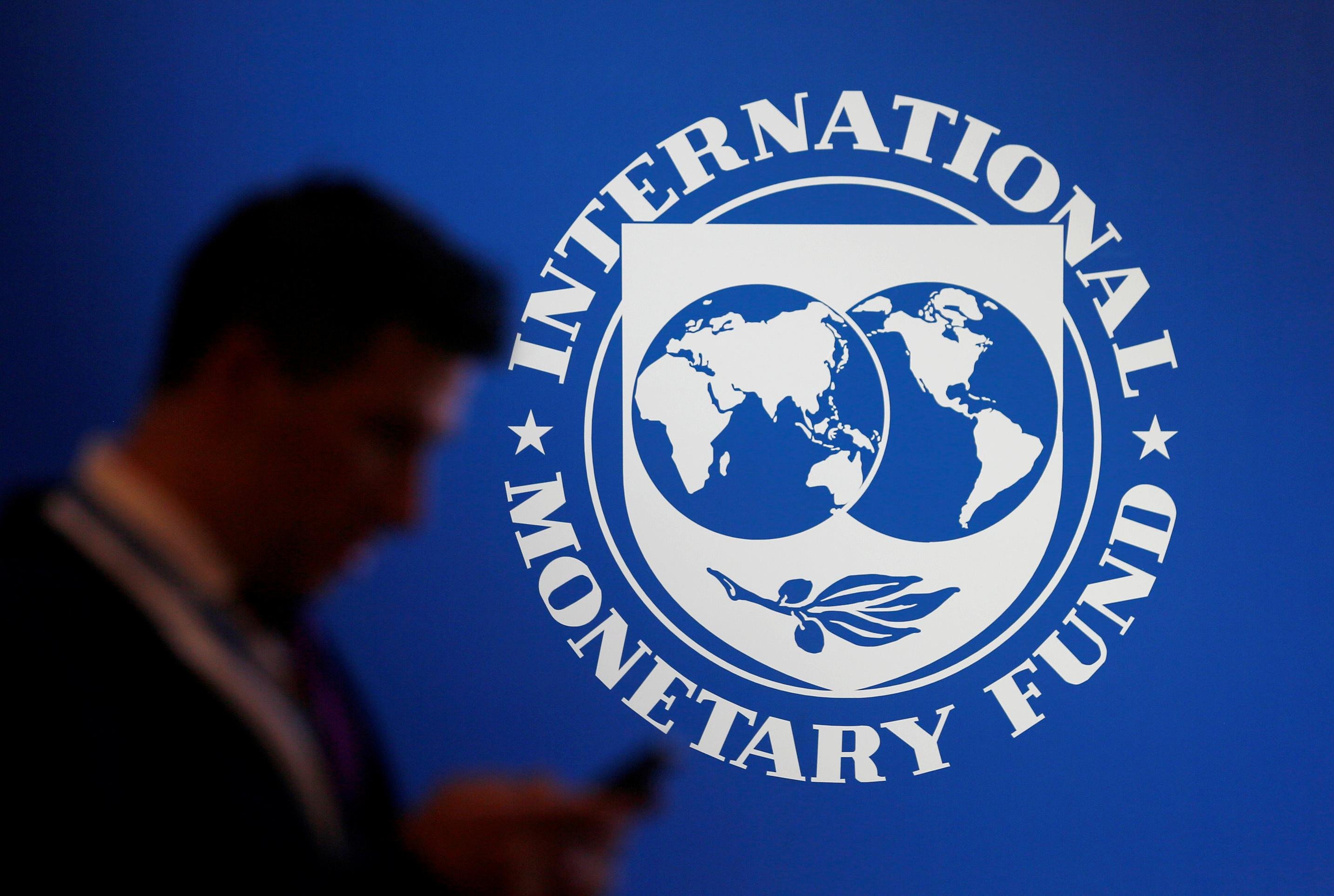
The size of the federal budget for the next fiscal year 2024-25 is likely to be Rs16.50 trillion and the financial deficit target expected to stand at Rs9 trillion.
The tax collection target for the next fiscal is likely to be set at Rs11 trillion – almost 12% more than Rs9.4 trillion in 2023-24.
The Federal Board of Revenue (FBR) has surpassed the revenue collection target for the fifth consecutive month in the ongoing fiscal year, amassing nearly Rs3.5 trillion, remaining on track to achieve the goal set by the International Monetary Fund (IMF) and avoiding the need for a mini-budget.
The tax authorities collected Rs34 billion more than the target set for the July-November period of this fiscal year on the back of an exceptionally healthy increase in direct taxes.
Finance ministry sources said Pakistan and the IMF had agreed in principle on the important targets for the next financial year.
However, they added that these targets would be finalised at the time of preparing the budget.
The sources said the second phase of negotiations with the technical team of the IMF in Pakistan was to kick off from Monday.
Caretaker Finance Minister Dr Shamshad Akhtar will hold a meeting with the IMF team next week after returning from a trip abroad and review the suggestions put forth by the Washington-based lender.
The process of budgeting for the next financial year will start from the ongoing month of December and the finance and planning ministries will start asking for demands as well as recommendations from other ministries and divisions.
These recommendations will be formulated and finalised in the context of policy measures and objectives agreed with the IMF.
The sources said that was a possibility that Rs2.10 trillion would be allocated for defence in the next financial year’s budget.
This will be major leap from the defence allocation of Rs1.80 trillion in the previous fiscal year.
They continued that the target of transfer to the provinces was likely to be fixed at Rs5.32 trillion.
The volume of the Public Sector Development Programme (PSDP) for the next financial year is expected to be set at Rs780 billion.
In the previous fiscal year, a sum of Rs301 billion was allocated for PSDP. However, there was a significant gap between the authorisation and actual expenditures, underscoring the challenges in the release process, slow progress on schemes, and the capacity to spend the allocated funds.
The IMF had deemed Pakistan’s PSDP for 2023-24 “unaffordable” because of limited fiscal space, noting a total cost of Rs12 trillion to complete approved projects, requiring over 14 years.
The federal government exceeded the budget deficit target by 47%, or Rs2.1 trillion, which skyrocketed to Rs6.68 trillion in fiscal year 2022-23. The target was Rs4.54 trillion.
FY23 was one of the worst years in terms of fiscal operations as the coalition government undertook many steps which were not in line with prudent fiscal management.
However, in third quarter of the current fiscal year, the caretaker government took measures such as slashing subsidies and postponing development spending to reduce the overall deficit and meet the IMF's primary surplus objective.
Strategies including debt re-profiling, expenditure reforms and broad-based taxation have been proposed to mitigate these
deficits and manage inflation, government borrowing, growth, as well as future financial obligations.
(With input from agencies)

1731933289-0/BeFunky-collage-(68)1731933289-0-165x106.webp)


1729662874-0/One-Direction-(1)1729662874-0-165x106.webp)

1732181665-0/Express-Tribune-(9)1732181665-0-270x192.webp)
1732178966-0/BeFunk_§_]__-(22)1732178966-0.jpg)
1732178488-0/Express-Tribune-(7)1732178488-0-270x192.webp)
1732172357-0/BeFunk_§_]__-(18)1732172357-0.jpg)
1732176172-0/Untitled-design-(8)1732176172-0-270x192.webp)






COMMENTS
Comments are moderated and generally will be posted if they are on-topic and not abusive.
For more information, please see our Comments FAQ